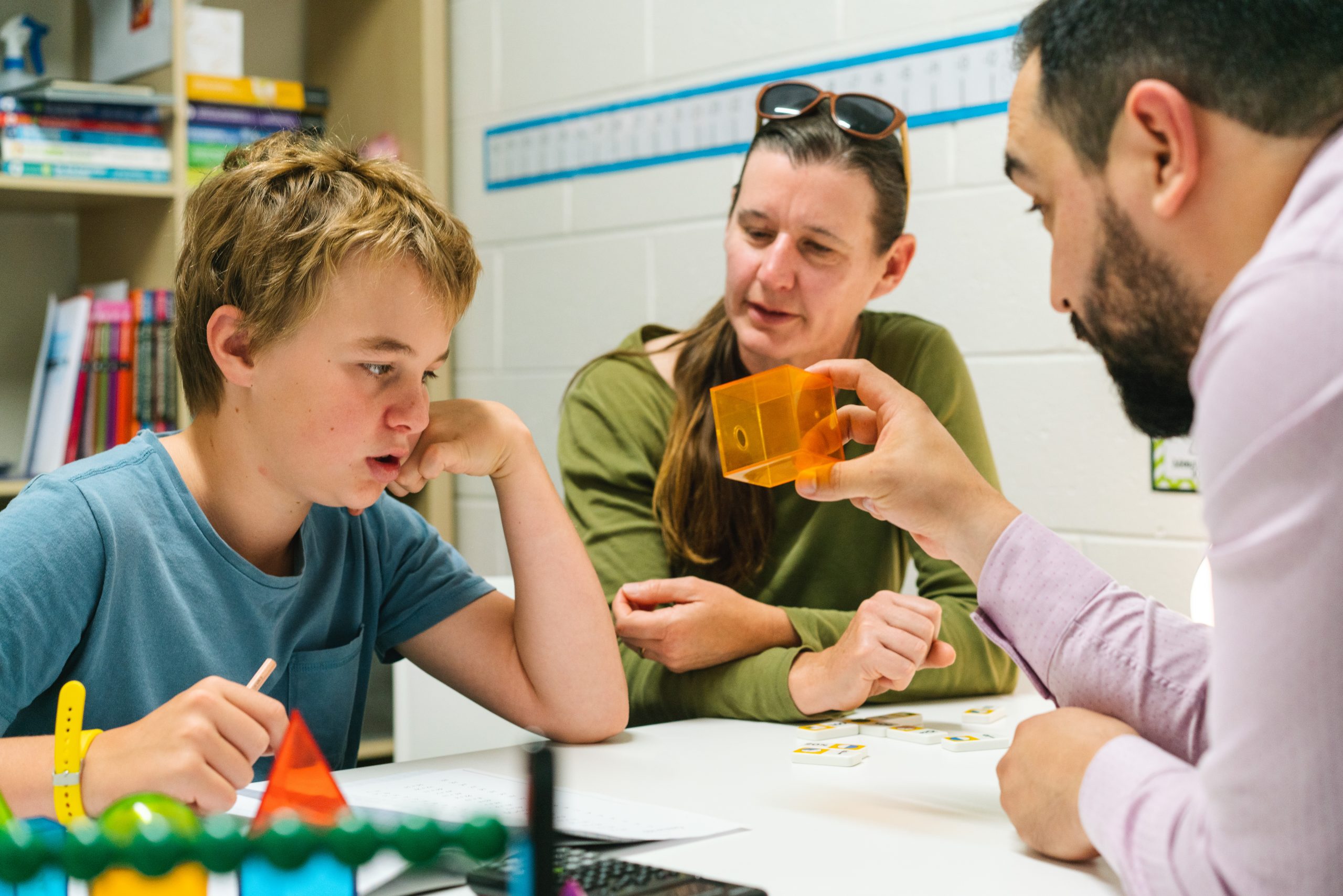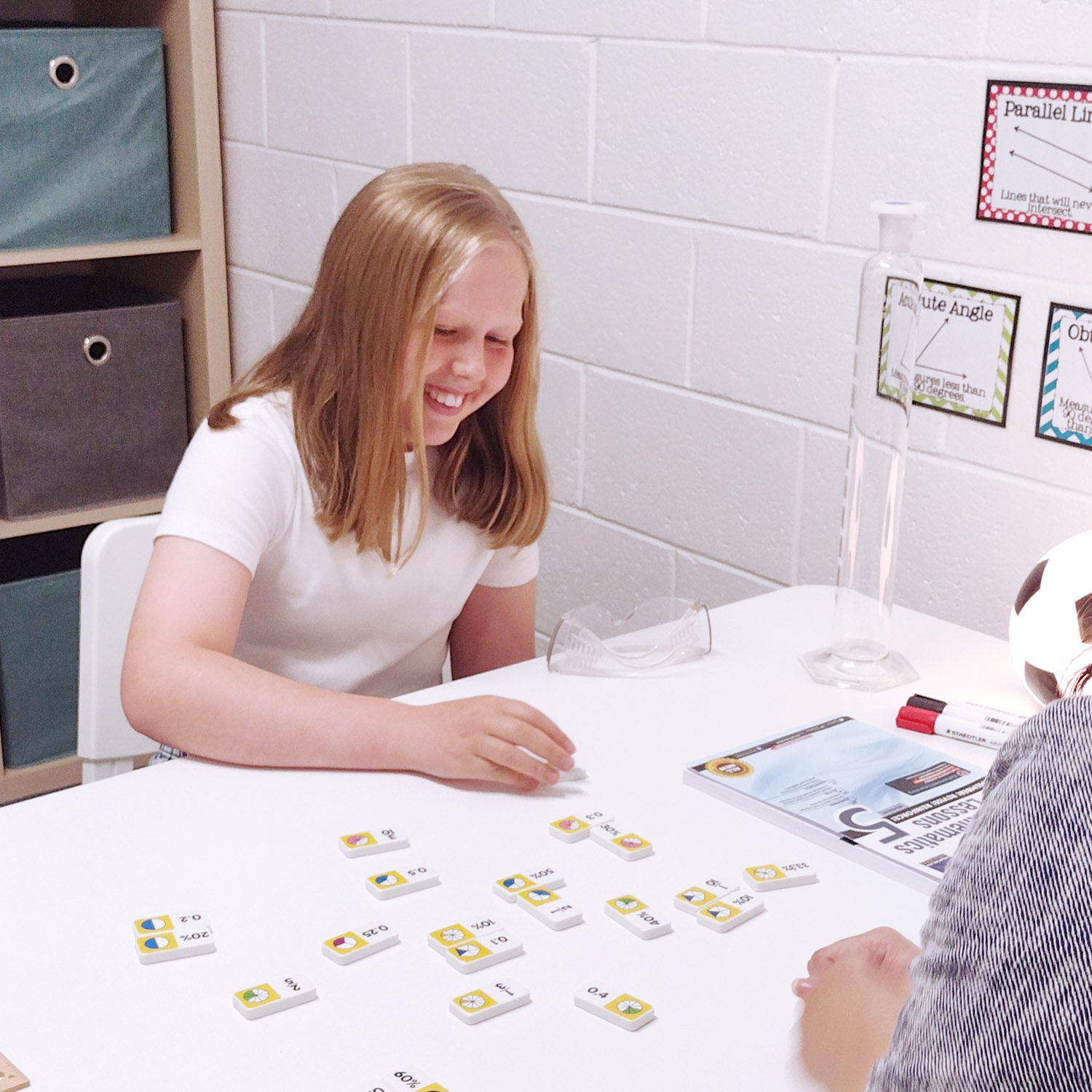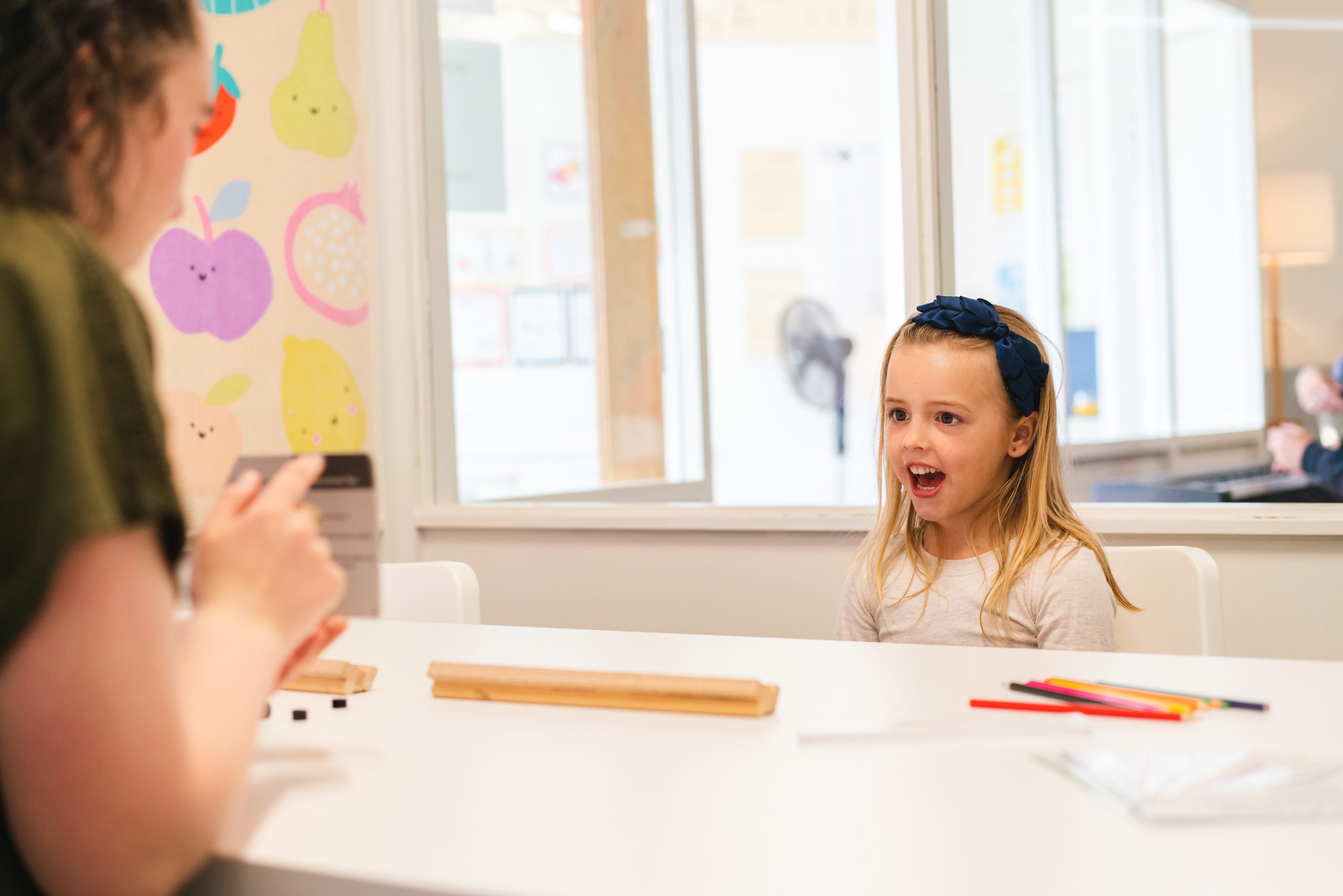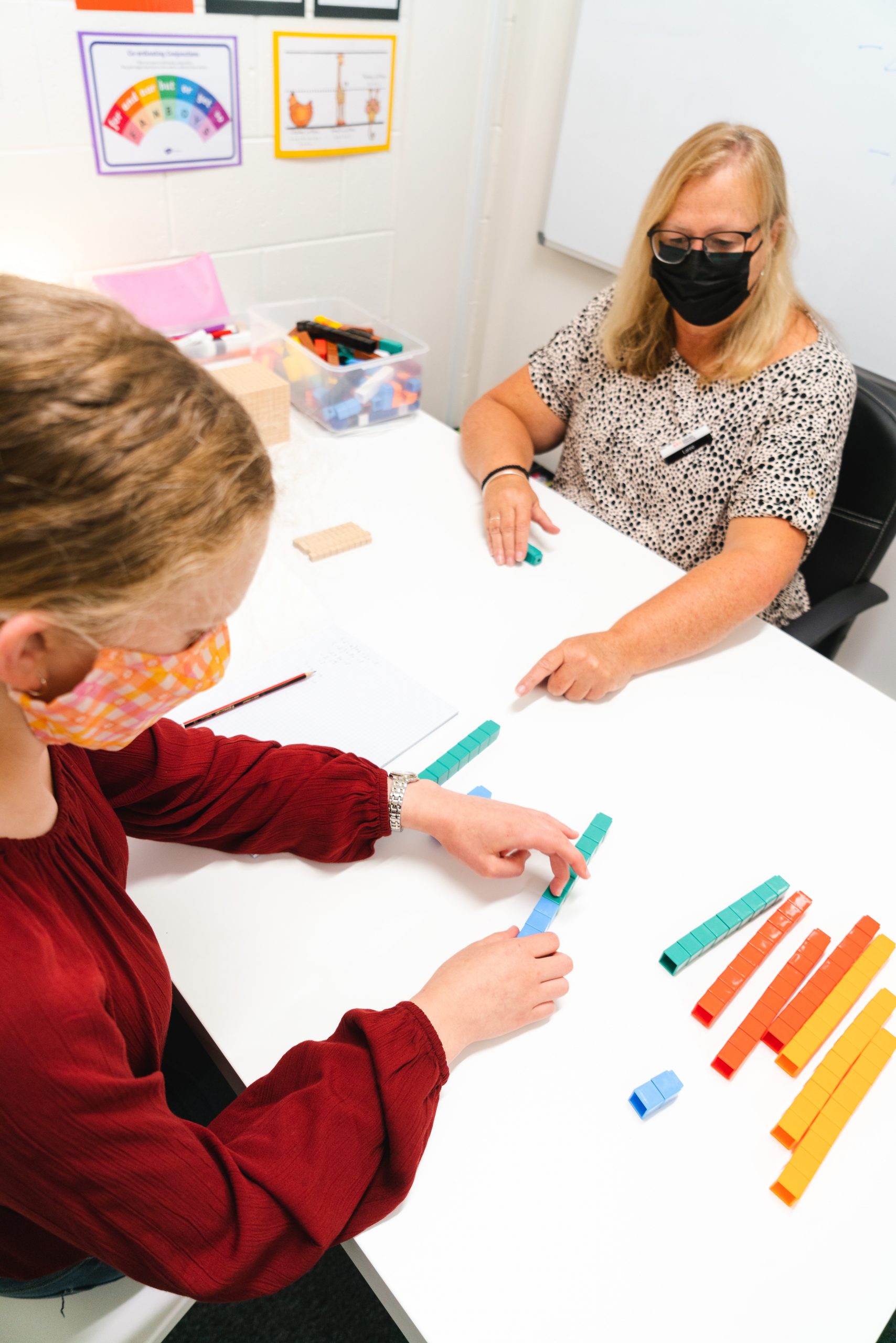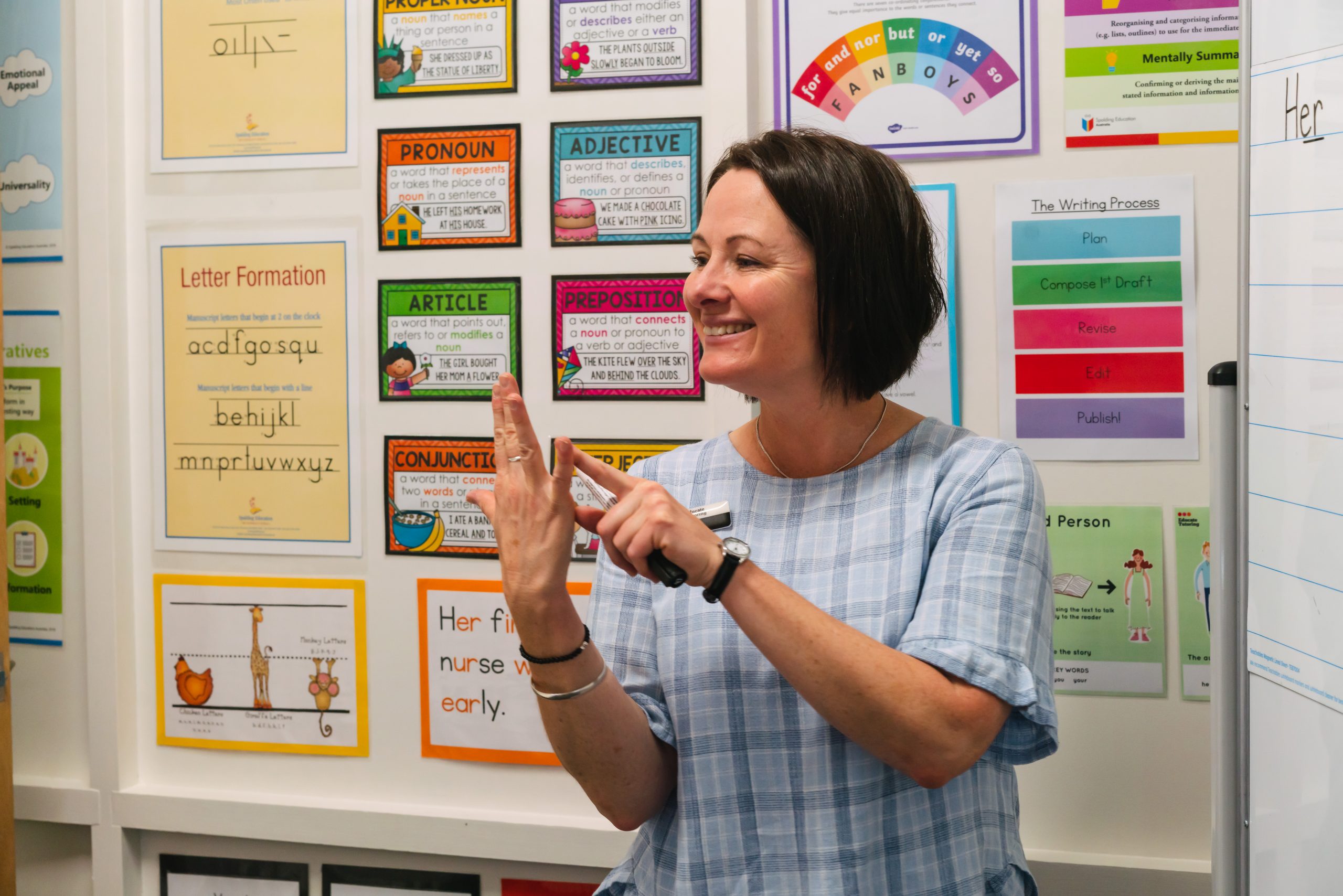Proactive actions foster success
What does it mean to be proactive, and how does this relate to tutoring?
Proactive is defined by the Cambridge English Dictionary as
‘Taking action by causing change and not only reacting to change when it happens.’
Reactive is defined as
‘Reacting to events or situations rather than acting first to change or prevent something.’
So, how does this apply to tutoring?
In the majority of cases, families contact us in responseto a situation occurring with their child/ren and their learning. The student may not be achieving as expected at school in a specific area, or perhaps they have undergone assessment and/or received a diagnosis of a learning difficulty. Parents react to this situation by sourcing assistance for their child/ren. This is a reactive response to a situation, as defined above.
Once intervention has been sourced and a student is engaged in a program, be that tutoring, educational support at school, or with an interventional therapist, a proactive response has occurred – planning for the future and acting upon that plan ensures change will occur.
Case Study – Student “Sam”
Sam was progressing through the primary school system as expected until Grade 5. Local school and national testing identified Sam was not achieving at the standard expected for spelling and reading comprehension. Sam’s parents reacted to this information and sought further assessment. It was identified that Sam was struggling with reading and spelling unfamiliar words and was not able to apply the strategies necessary to progress. Sam’s parents acted upon this information and enrolled Sam in a tutoring program with Educate Tutoring.
After an intensive intervention program, Sam gained confidence with his spelling and reading, and assessment showed he was now performing at or near age-appropriate level! Sam’s parents decided to be proactive by keeping Sam enrolled in tutoring, in order to ensure he continued to improve and experience success and did not fall behind again. They decided being proactive at this stage of Sam’s schooling was imperative for him with the transition to high school in the coming years.
In today’s society, our responses to most situations tend to be reactive. Using the recent QLD and NSW floods as an example, towns, residents and emergency services were left with little choice but to react to a series of events which were outside their control. As with any natural disaster there are compounding issues, and some of the main criticisms with these events were the lack of preparation and planning. Prior flood experiences, updating infrastructure (such as flood levees), early planning for evacuations, earlier warning systems, addressing climate change may all have allowed for a more proactive response, and may have made some difference to the outcome. Although this analysis of the flood situation may be simplistic, this is a great example of how proactive responses can be beneficial.
We can relate this to children and their education by looking at past results, making comparisons to the present, talking with the student, the teachers, the school and other relevant parties, looking to the future for any issues which may arise, and then create a strategic plan.
To do this, the following questions may be helpful:
- “Is my child happy and experiencing success in school?”
- “Are my child’s academic and learning needs being met?”
- “How can I help my child progress and succeed into the future?”
- “Can I foresee a time where my child may need extra support, like the transition to high school?”
This is a great example of being proactive. Being proactive will ensure your child has positive experiences with learning and will ensure they transition through any difficult stages with an invested support system in place! Educate Tutoring and our team of dedicated and professional tutors are here to support your child, and your family, through all stages of their educational and learning journey. (We are not, however, equipped to help you with any major flood events!)


